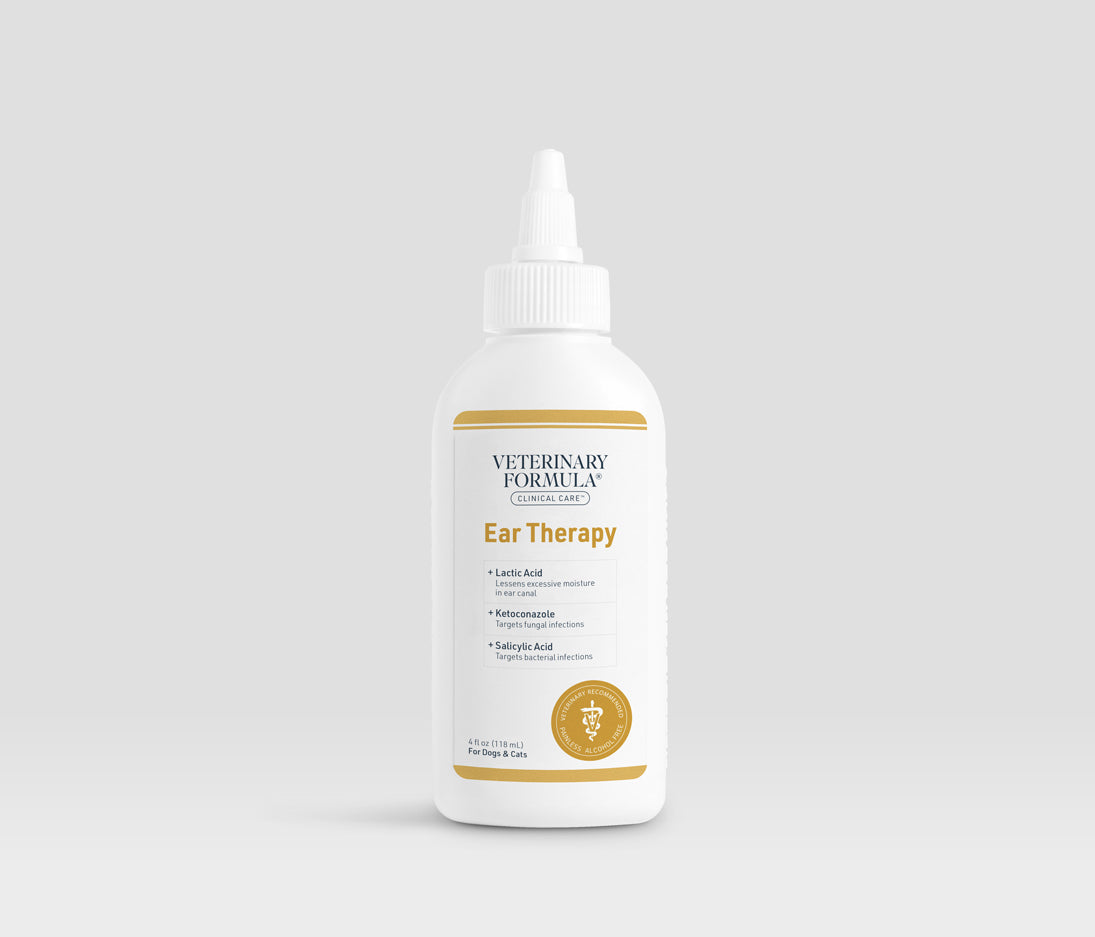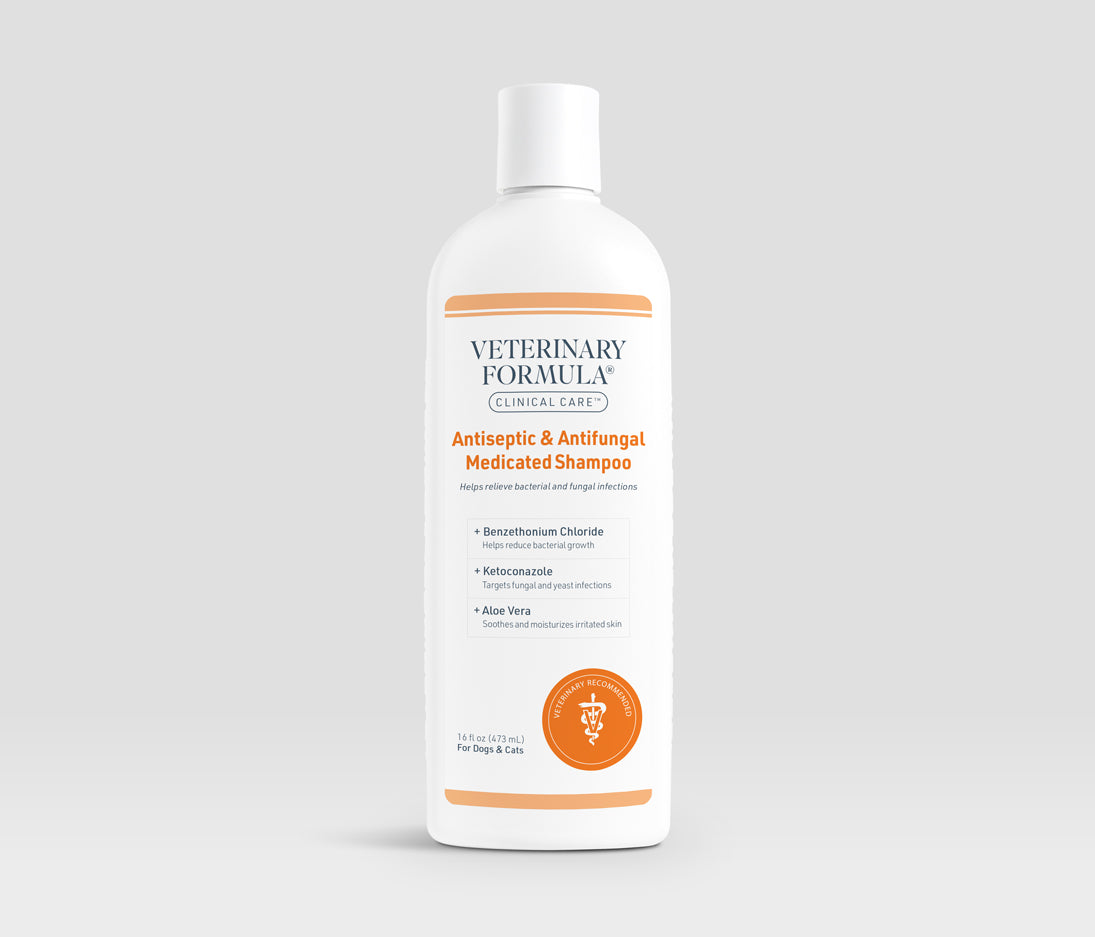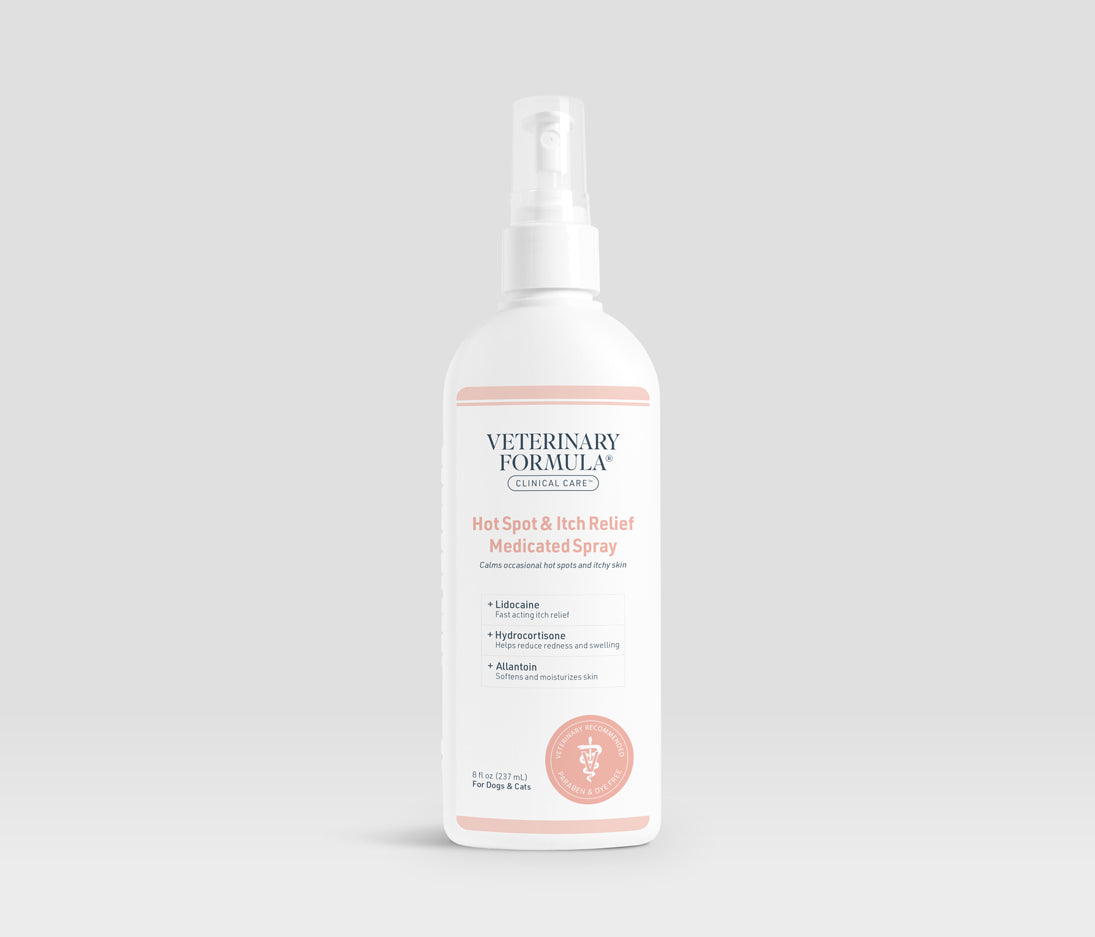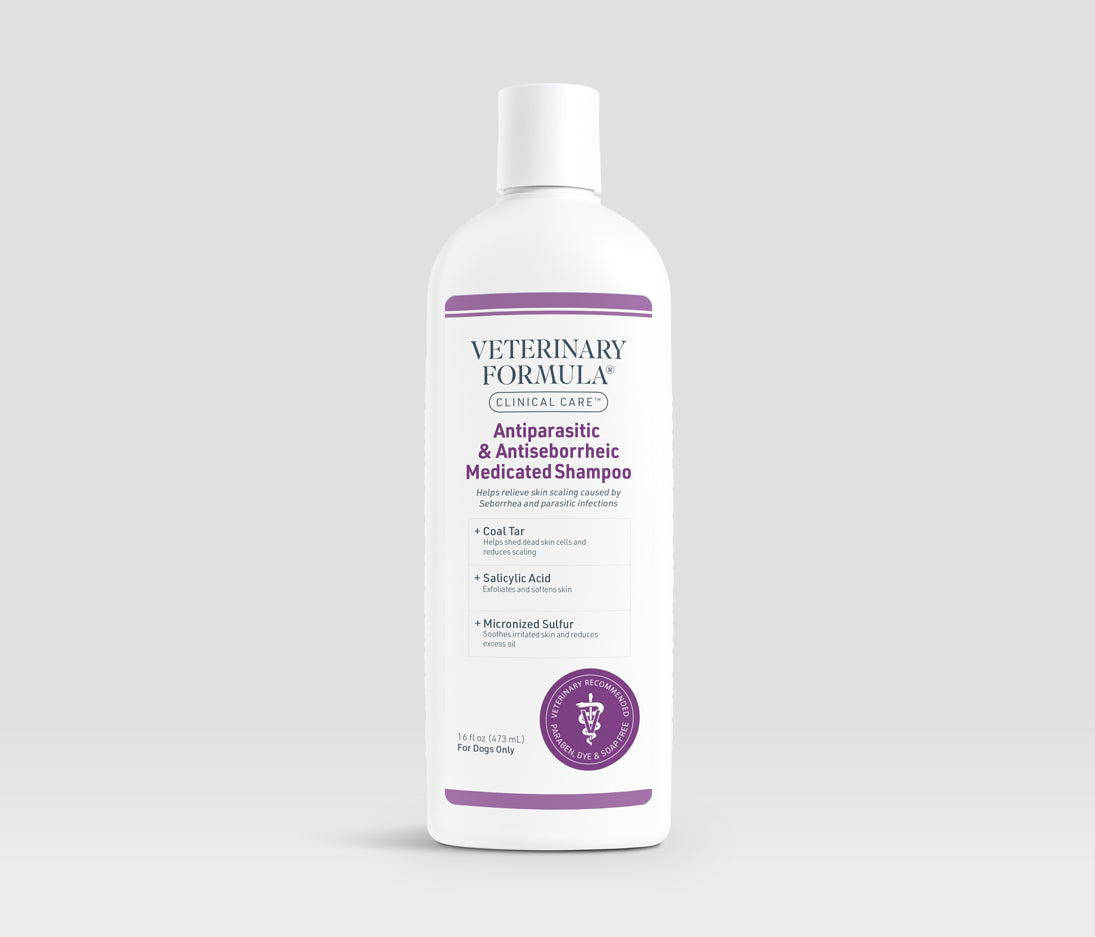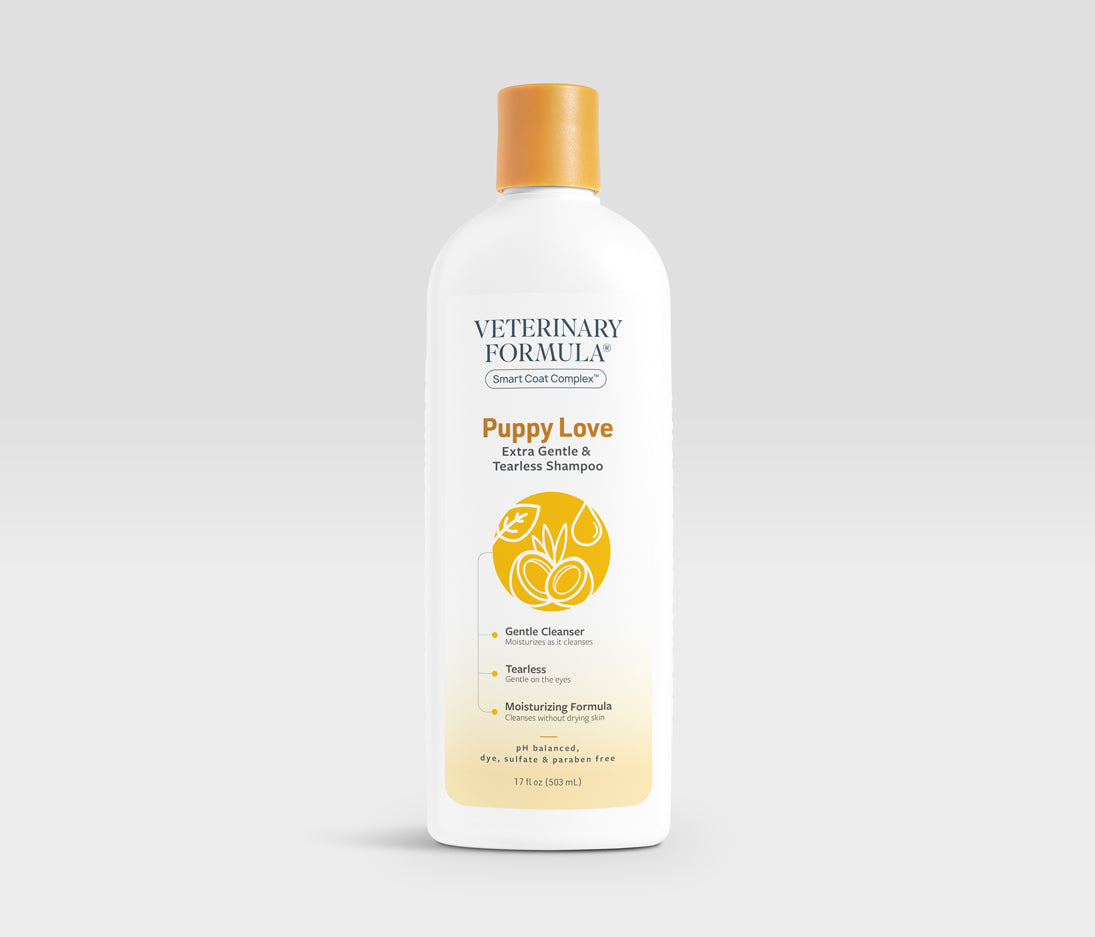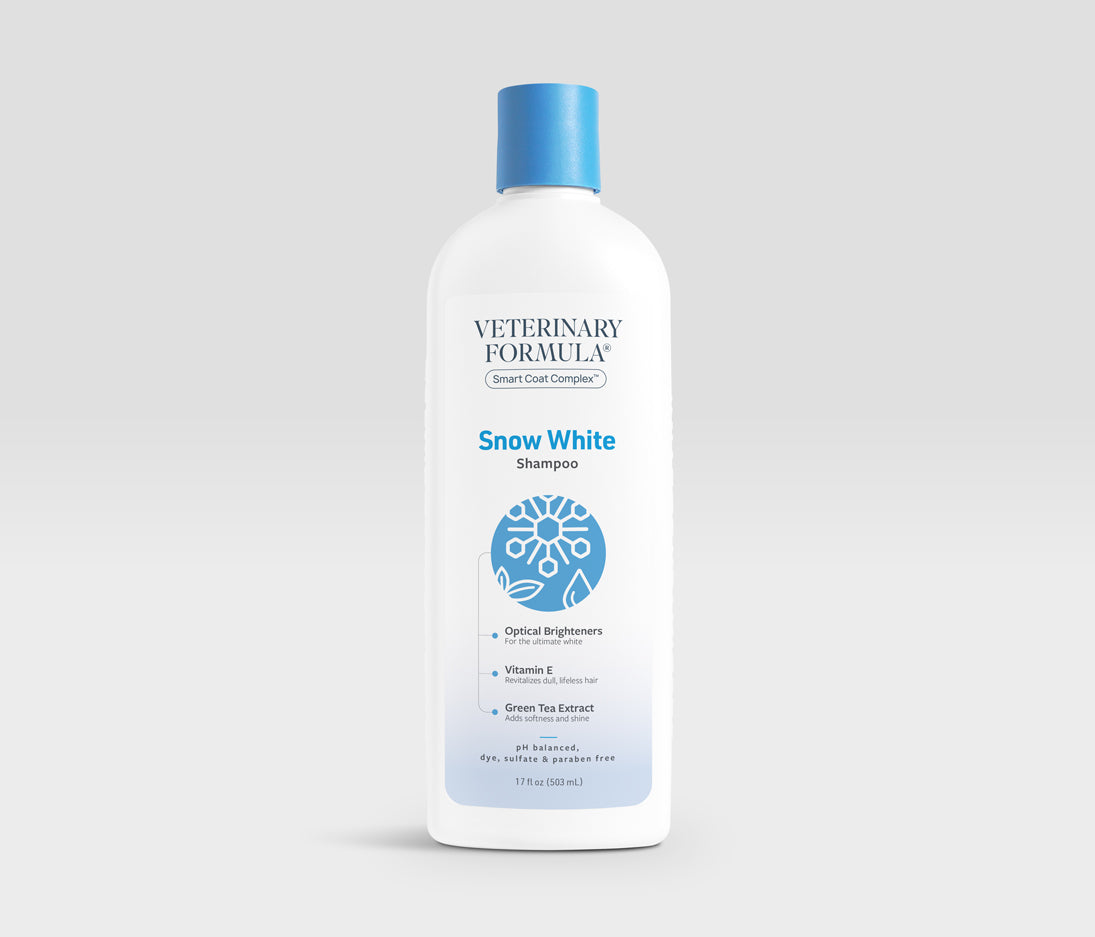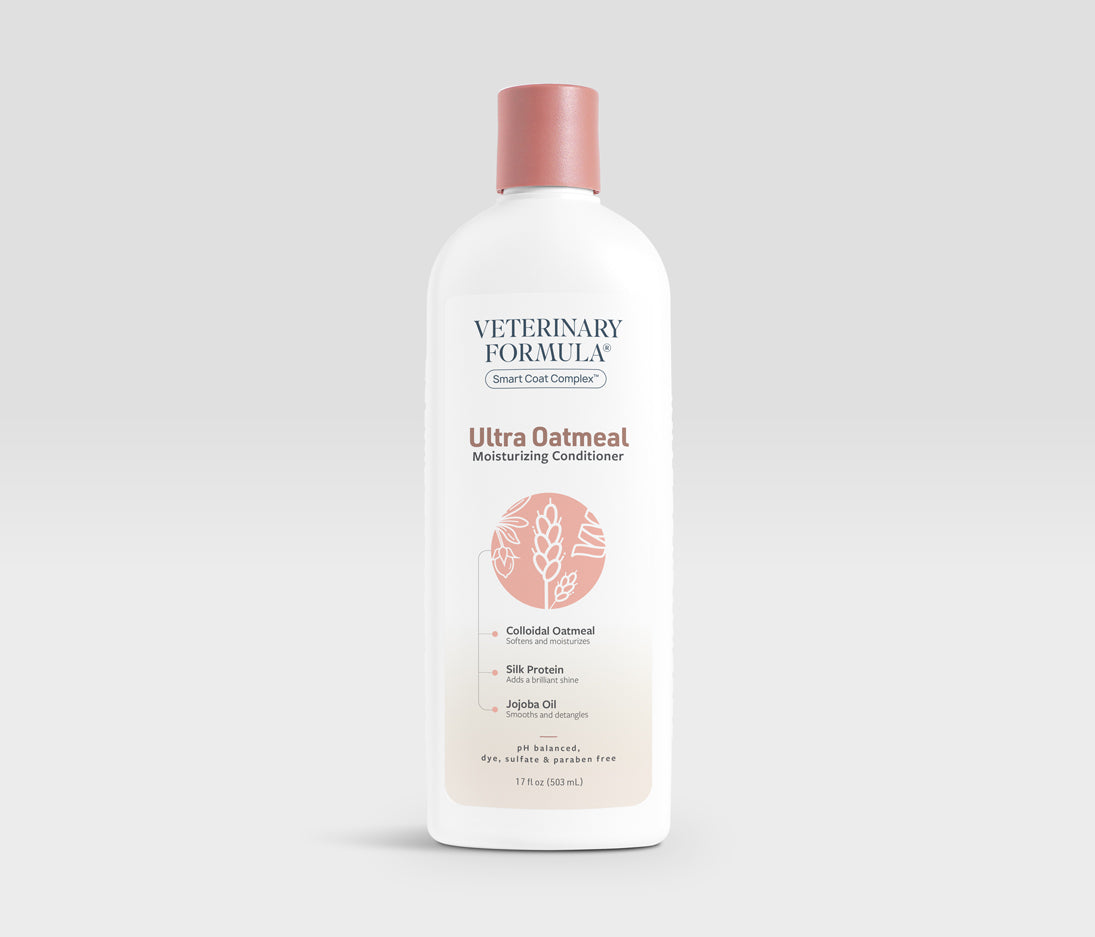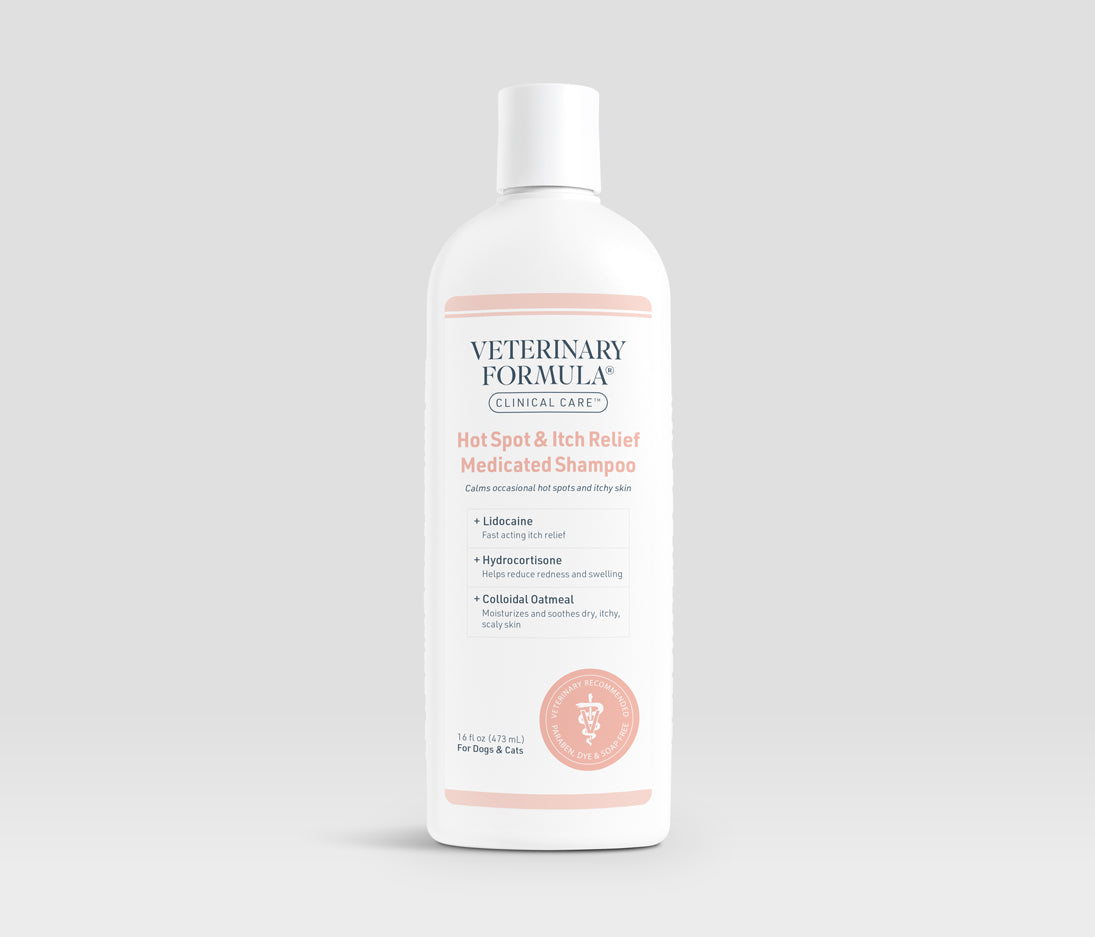About one in 100 dogs tests positive for heartworm every year. It may not seem like a lot, but if your dog is the unlucky one, you may both be in for a rough ride. If left untreated, heartworm disease can damage your dog’s lungs, heart, and other organs. And, ultimately, it can lead to death. The earlier you detect the disease, the better your dog’s chance of recovery.
Here’s everything you need to know about heartworm in dogs including the cause, prevention, symptoms, and treatment.
What Causes Heartworms in Dogs?
If you’re asking, how do dogs get heartworms, the good news is that heartworms can only be transmitted to a dog through a mosquito bite. They can’t get it from other dogs or any other animal they encounter.Heartworms are a potential threat throughout the United States. But according to the Companion Animal Parasite Council, the risk is much higher in the Southern U.S.
For instance, nationally only one in 100 dogs typically tests positive for heartworm disease. But so far in 2021 one in 12 dogs has tested positive in Mississippi, while in Louisiana, one in 15 dogs tested positive. And, in Texas, Arkansas, and Alabama one in 30 dogs has tested positive for heartworms so far this year. Compare that to Michigan or Colorado where only one in 200 dogs tested positive.
Because mosquitoes are not confined to the outdoors, vets recommend even dogs that spend most of their time indoors receive preventative heartworm medicine.
Heartworm Disease in Dogs
But how does getting bitten by a mosquito lead to heartworm disease in dogs? When the infected mosquito bites your dog, it transmits heartworm larvae into your dog’s bloodstream. The larvae spend the next three months drifting through the body until they reach the lungs. And here’s where it gets scary! Once there, the larvae mature into adults that can be as large as 14 inches.As adults, the worms damage the blood vessels, reducing the heart’s ability to pump and leading to lung and heart disease. That’s heartworm disease in a nutshell, but if that’s not bad enough…
… If there are adult worms of both sexes in your dog’s lungs, they will mate. The resulting offspring cause your pup’s immune system to flare up, potentially causing damage to other organs.
The larger the heartworm infection, the more dangerous it is for your dog. Dogs infected with many heartworms at the same time are at greater risk of sudden death caused by heart and lung problems. Dogs with other severe health problems are also at risk of dying, even if only a few adult worms are present.
Because treating heartworm disease in dogs is complicated and risky, some dogs die during treatment.
How to Prevent Heartworm in Dogs
Getting rid of heartworms isn’t easy.Prevention is the best defense when it comes to heartworm disease in dogs. Adult heartworms can live 5 to 7 years inside your dog, all the while doing permanent damage to his heart, lungs, arteries, and other organs. Even if your dog doesn’t die, his quality of life might be affected.
Heartworm preventatives are available by prescription only. They come in different forms, including chewable pills, topical liquids, and injections. Pills and topical liquids must be given monthly. Injections are either every six or 12 months.
Whichever format you choose, heartworm preventatives work by killing off the heartworm larvae, both those deposited by mosquitos and any that may have developed inside your dog.
Preventatives do not kill adult heartworms, which is why getting your dog started on a preventative as a puppy is so important. It’s also why you need to stick to a strict schedule. Even giving your pup her medicine one week late can give a heartworm larva enough time to reach the adult stage.
Additionally, your vet should test your dog for heartworms at least once a year, as an extra level of caution.
Signs of Heartworm in a Dog
Symptoms of heartworms in dogs generally don’t develop for six months after infection. Depending on the severity of the infection, dog heartworm symptoms may include:- Chronic cough and/or difficulty breathing
- Lethargy
- Loss of appetite and weight loss
- Tiring rapidly
- Swollen abdomen (in extreme cases)
- Pale gums and dark bloody or coffee-colored urine (in critical cases where death is imminent)
How to Test for Heartworm
To detect heartworm in your dog, your vet will need to perform a blood test. The most common type of heartworm test for dogs is an antigen test, which detects the presence of adult female heartworms. There are also antibody tests, which determine if your pup has been exposed to any heartworms.Depending on what the blood results show, your vet may also want to do chest x-rays or a heart ultrasound.
Heartworm in Dogs: Treatment
The American Heartworm Society recommends that treatment of heartworm in dogs starts with the administration of preventatives to ensure no more adult worms are added to the burden on your dog’s body.Heartworm treatment plans for dogs can vary by the needs of each individual dog. In most cases, treatment includes the administration of a drug that kills the adult heartworms, hospitalization, and strictly enforced cage rest that can last up to three months.
Overactivity during treatment is the leading cause of death in dogs receiving treatment. This is because as the adult worms die and decompose, they lodge in the small blood vessels in the lungs. Until they are absorbed into the body, they pose a clotting risk that is worsened by activity.
The entire process may have to be repeated two to three times depending on the extent of the heartworm infection.
In the most extreme cases, your dog may need surgical intervention. It’s a risky process but is sometimes the only way to save your dog’s life. In other extreme cases, treatment might be too dangerous. In that case, your vet may suggest hospice care.
